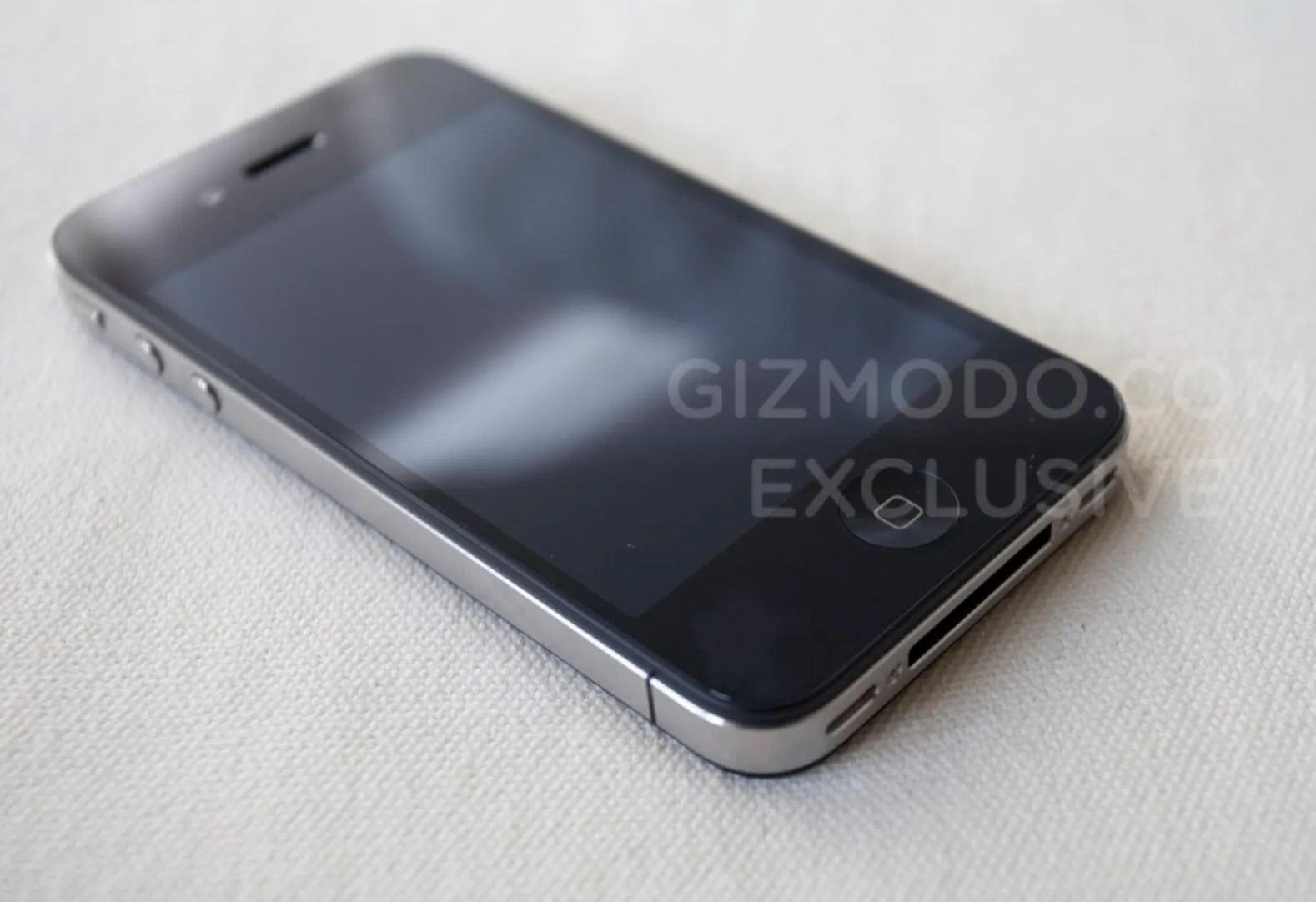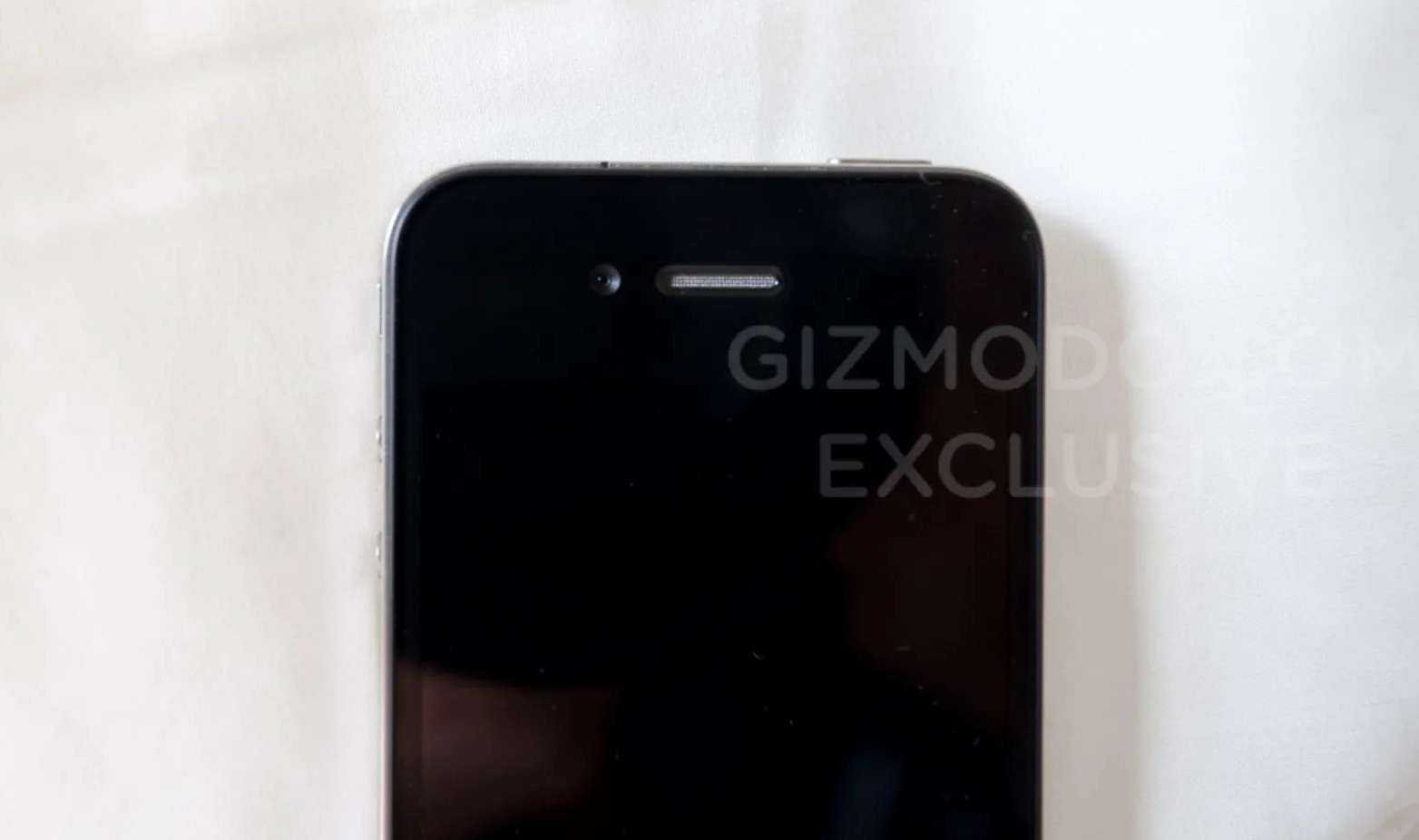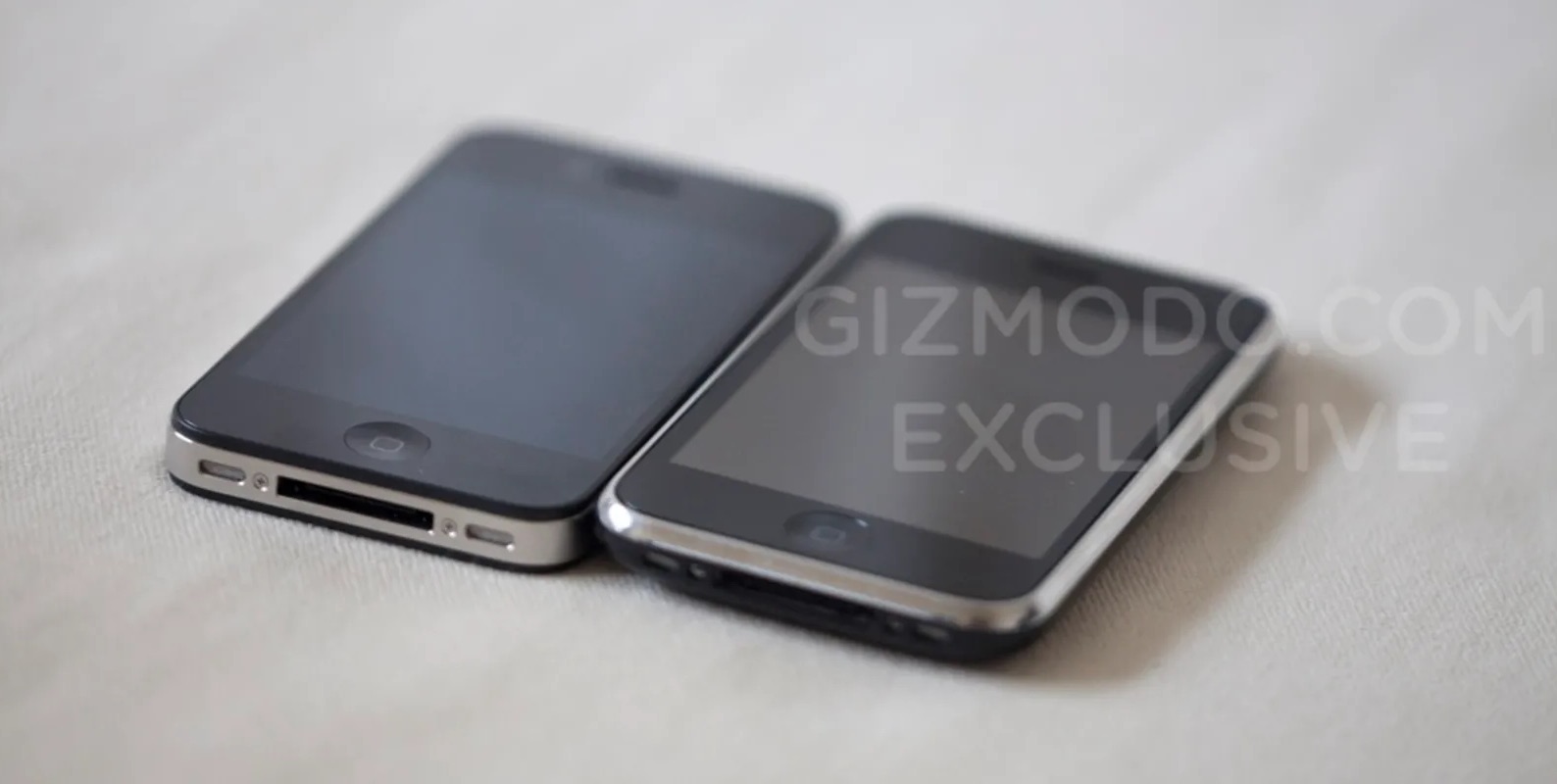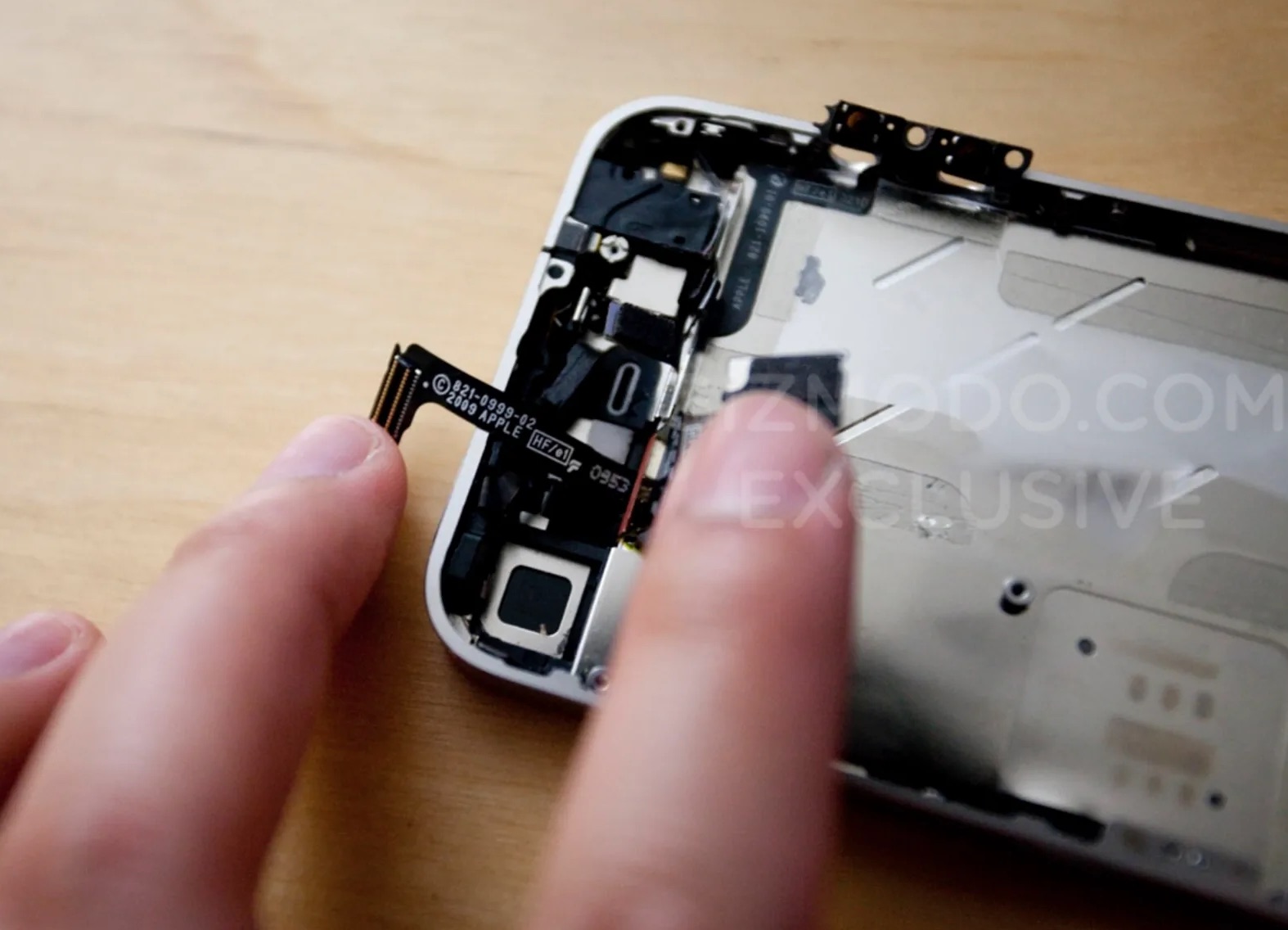In April 2010, the Gizmodo server gained the attention of the lay and professional public. A website focused mainly on technological news published photos of an unknown iPhone 4 prototype, which it disassembled into individual components. People thus got an unusual opportunity to look inside the upcoming smartphone even before it officially sees the light of day. The whole story could actually work as an anti-alcohol campaign - the iPhone 4 prototype was accidentally left on the bar counter by the then twenty-seven-year-old Apple software engineer Gray Powell.
The owner of the bar did not hesitate and reported the find to the appropriate places, and it was no coincidence that the nearest police station was involved. The editors of Gizmodo magazine bought the device for $5. The publication of the relevant photos did not go without a proper uproar, which included Apple's reaction. At first glance, the iPhone 4 prototype looked like an iPhone 3GS, but after disassembly it turned out that a larger battery was hidden inside the device, the phone as such was significantly more angular and thinner. The images appeared publicly on April 19, 2010, roughly one and a half months before the smartphone was officially unveiled by Steve Jobs at WWDC.
The editors of Gizmodo magazine had to face unofficial accusations of breaking the law, but the biggest controversy was caused by Apple's aggressive response to the leak. A week after the article was published, the police raided the apartment of editor Jason Chen. The raid was conducted at the request of the Rapid Enforcement Allied Computer Team, a California-based organization that investigates technology crimes. Apple was a member of the task force's steering committee. The editor was not at home at the time of the raid, so the unit entered his apartment by force. During the raid, several hard drives, four computers, two servers, telephones and other items were seized from Chen's apartment. But Chen was not arrested.
The police crackdown initiated by Apple caused a wave of outrage, but many people objected that Gizmodo should not have bought the device from the bar owner in the first place. There were voices saying that Apple's response was exaggerated and unwarranted. Even before the iPhone 4 photo leak scandal, the popular leak and speculation website Think Secret was canceled at the instigation of Apple. Jon Stewart of The Daily Show has publicly expressed his concerns about the power and influence that Apple wields. He publicly called on Apple to remember the year 1984 and its advertising spot of the time, directed against the "Big Brother" phenomenon. "Look in the mirror, people!" he thundered.
Surprisingly, Gray P0well did not lose his position at the company and worked on iOS software development until 2017.

Source: Cult of Mac


